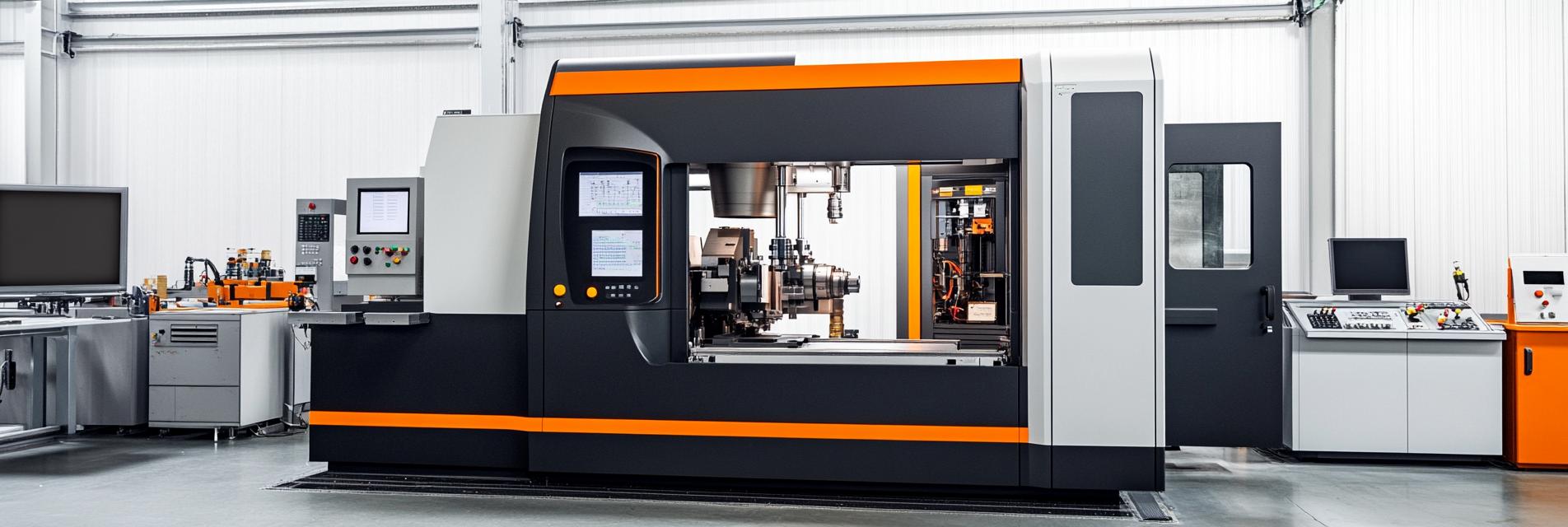In the rapidly advancing field of machining technology, CNC milling machines play a pivotal role in industrial automation. However, several misconceptions can cloud the understanding of their functionality and capabilities. This article addresses the top five misconceptions about CNC milling machines, providing clarity and insight into their operation.
While it's true that CNC milling machines automate traditional manual machining tasks, the reality is much more complex. These machines enhance precision and efficiency, allowing skilled operators to focus on programming and monitoring the processes. Understanding this distinction is crucial for industrial growth.
Another misconception is that CNC machines are limited to mass production. In fact, they are incredibly adept at creating customized parts. By modifying the programming, CNC milling machines can produce one-off items as easily as they can create thousands of identical pieces, making them versatile tools in manufacturing.
Many believe that operating a CNC milling machine requires extensive training and can be too technical for the average operator. While training is necessary, modern CNC machines have become increasingly user-friendly, equipped with intuitive interfaces that simplify the operation process, ultimately shortening the learning curve.
Some industry professionals argue that CNC milling generates unnecessary waste and pollution. In reality, these machines are designed with efficiency in mind, using materials more judiciously and producing less scrap compared to traditional machining methods. Newer technologies, such as closed-loop systems, further enhance their environmental performance.
While it's true that high-end CNC milling machines can be costly, there are a variety of options available for different budgets. Investment in CNC technology can lead to significant cost savings over time through improved productivity and efficiency, making them an economically sound choice for manufacturers of all sizes.
Understanding these misconceptions is pivotal for anyone involved in the machining industry. By educating ourselves about CNC milling machines' capabilities and limitations, we can better utilize these remarkable tools to enhance productivity and innovation. With the right knowledge, businesses can maximize the benefits of industrial automation.












